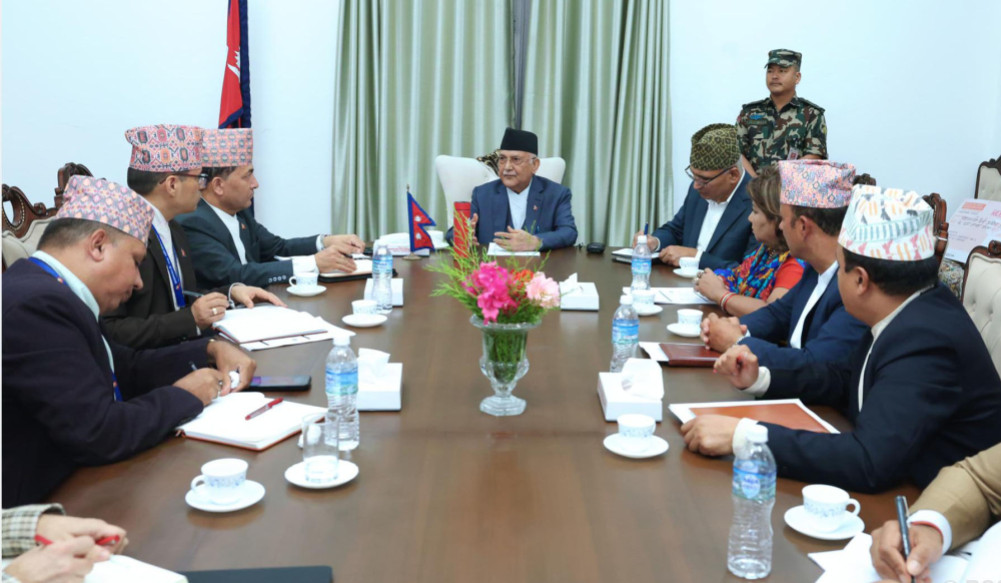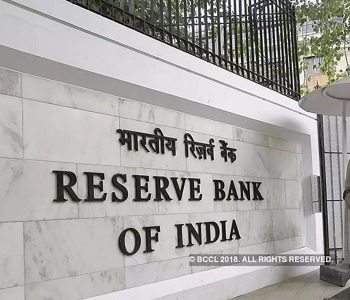PM Oli calls for swift action to export electricity via Bangladesh, aims for 28,500 MW by 2035

KATHMANDU: Prime Minister KP Sharma Oli has instructed key government officials to expedite efforts to export electricity through Bangladesh and diversify Nepal’s electricity trade to international markets. He pointed out that delays caused by procedural inefficiencies and policy ambiguities are threatening to increase costs and prevent the country from achieving its energy production targets on time.
During a high-level meeting held on Monday at the Office of the Prime Minister and Council of Ministers, PM Oli highlighted the importance of building a dedicated transmission line through India to facilitate electricity exports to Bangladesh. He also emphasized that Nepal’s growing electricity production capacity should be utilized to enter new markets, expanding beyond Bangladesh in the future.
“Electricity production in Nepal is on the rise, and we must seize this opportunity by diversifying our trade strategies,” PM Oli said. “Our target is to ensure smooth electricity exports through India and further into Bangladesh, and even beyond to other potential markets.”
The prime minister also stressed the need to resolve ongoing disputes regarding land acquisition and compensation for electricity transmission projects. He urged officials to prioritize operational efficiency within the Nepal Electricity Authority (NEA) based on legal frameworks and proper jurisdictions.
PM Oli warned against political and bureaucratic interference in energy sector decisions. “The state’s mechanism must not be manipulated by those in positions of power. We must move forward based on rules, laws, and the demands of our nation, not on personal influence,” he asserted.
The discussion, attended by senior ministers, including Deputy Prime Minister and Finance Minister Bishnu Prasad Paudel, Foreign Minister Dr. Arzu Rana Deuba, Energy Minister Deepak Khadka, and Chief Secretary Ek Narayan Aryal, concluded with a commitment to reform the energy sector through legal, policy, and institutional improvements.
The government has set an ambitious target of generating 28,500 MW of electricity by 2035. This energy will not only meet domestic consumption needs but also boost exports, potentially generating an annual revenue of NPR 2.65 trillion. The project is also projected to create over 865,000 jobs in the coming years.
The total estimated cost for the production, transmission, and distribution of the targeted electricity capacity is expected to reach USD 46.5 billion. Currently, Nepal’s electricity generation capacity stands at 3,243 MW.
The meeting also identified key challenges in the energy and irrigation infrastructure development sectors, including issues related to forest conservation, environmental impact assessments, and land acquisition. Addressing these challenges is seen as critical to achieving the 2035 energy goals.
With this plan in motion, Nepal hopes to position itself as a major player in the regional energy market, leveraging its hydropower resources to boost economic growth and create new opportunities for international cooperation.














Facebook Comment